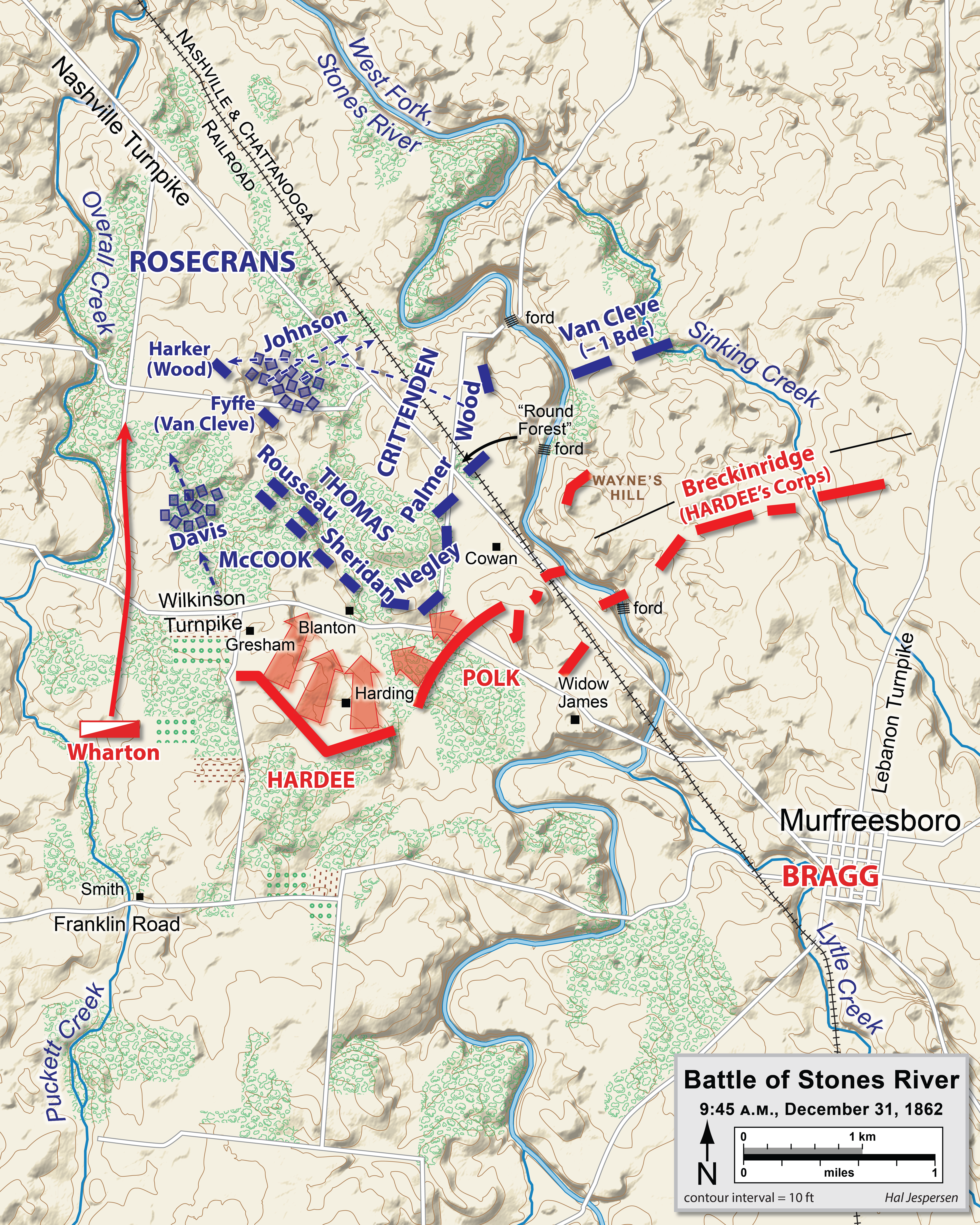
By the time of the July-August 1861 special session of Congress, Lincoln had already raised an army, as well as money, without congressional approval – and defied the Chief Justice of the Supreme Court. After the disasters of First Manassas and Ball’s Bluff, the Republican Radicals, or, “Jacobins” of Lincoln’s party, began their ruthless investigations into generals who were deemed lacking in sufficient zeal in destroying Southern resistance.
This was the Republican Committee on the Conduct of the War, whose targets were not permitted to know the charges against them, so-called evidence was kept secret, and prejudgment of the unfortunate general was common. Usually the officer under investigation was held in confinement without charges; “the defamation of character, however, could not be outdone; petty persecution continued to plague him; and at last, finding his usefulness to the army destroyed, he resigned” (Civil War and Reconstruction, Randall, pg. 370).
Bernhard Thuersam, www.Circa1865.org The Great American Political Divide
The Radical Cause Uber Alles
“In Washington [in January 1862], [Gen. William S.] Rosecrans was summoned to appear before the Committee on the Conduct of the War. This joint committee of the Congress, called by T. Harry Williams the “unnatural child of lustful radicalism and a confused conservatism,” grew out of Northern differences regarding war aims.
Conservatives, Lincoln the foremost, declared themselves for restoration of the Union, even with slavery. The Radicals considered Lincoln’s war policy mild; they shuddered to think that Democratic generals might convert battlefield victories into election victories; and they seized upon the minor disaster at Ball’s Bluff to set up machinery to investigate the whole conduct of the war.
[Major] John C. Fremont, the “Pathfinder” and Republican presidential candidate in 1856 . . . [in the West] had won no victories, but had declared martial law, confiscated property, disregarded Washington, become involved in procurement scandals, allowed his accounts to become muddled, declared emancipated the slaves of Missourians convicted of bearing arms against the United States, and finally had been removed [by Lincoln].
The Radicals proclaimed him a martyr, and determined to restore him to command. Lincoln yielded to their pressures.
Behind Lincoln’s hesitancy [of directing McClellan’s movements in Virginia] lay complex pressures, obscure and sometimes contradictory forces. T. Harry Williams comments: “Plots and counterplots boiled beneath the troubled surface. [Secretary of War Edwin] Stanton hatched innumerable schemes to destroy his enemies. McClellan twisted and turned as the Radicals struck. And behind all was the implacable Committee. It seems possible that a meeting between Stanton and the Committee on the Conduct of the War was worked out to cause McClellan to fail in his campaign.
The Radicals apparently wanted a quick victory, but not at the expense of abolition; a great victory, but not one that would make Democrat McClellan a national hero and hurt them personally or the Radical cause.”
(The Edge of Glory: A Biography of General William S. Rosecrans, William M. Lamers, LSU Press, 1961, excerpts pp. 66-69)

More citations proving the war was a political animal rooted in economic interests and the ambitions of the elite of the day. Lincoln wanted to protect the revenue from Southern tariff more than anything; the separated states removed that supply by the millions, hence saber-rattling and coercion of the South by Northern interests.
ReplyDeleteLincoln wanted to protect the revenue from Southern tariff more than anything;
DeleteBut he still had to use the income tax.